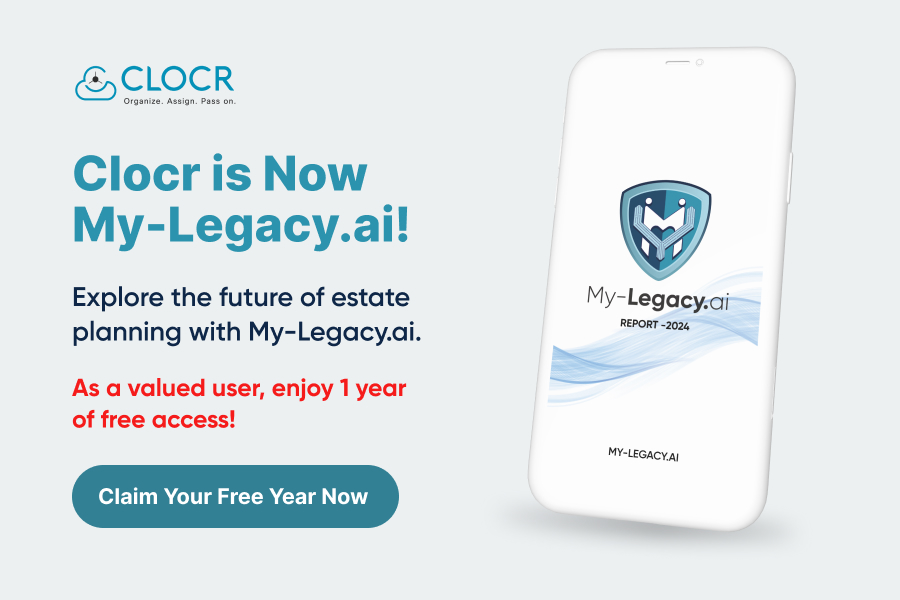The Conversation Project’s study found that 92 percent of Americans believe it necessary to discuss end-of-life care with family members, but only 32 percent have done so. Another survey conducted by Health Affairs in July 2017 revealed that most Americans do not have their end-of-life choices in writing or have advance care planning.
There is no magic wand to forestall life’s unexpected tragedies. There are, however, some basic actions you can take to make sure your family members are prepared to face a sudden setback to your health that leaves you incapacitated. Having an advance care directive will help you prepare for worst-case scenarios of life that may leave you unable to communicate.
It is a tricky affair to determine your future medical choices. Advance care planning can bring us peace of mind, especially When we become incapacitated or terminally ill and cannot speak for ourselves or understand the gravity of our decisions. We hardly give our best thoughts to our future medical choices and the benefits of advance directives. So, what are advance directives? Let us delve deeper and find out.
What is an advance directive?
Advance directives are legal documents that specify your wishes for medical treatment if you become incapacitated. If you are terminally sick, gravely injured, in a coma, experiencing late-stage dementia, or are nearing the end of your life, an advance healthcare directive can help doctors make decisions according to your wishes. An advance directive typically includes a healthcare proxy and a living will.
Who should make an advance care directive?
It is a misconception that only the old should have an advance care directive. Unexpected end-of-life circumstances might occur at any age, so it is best to prepare for future events regardless of age. By making arrangements in advance, you can receive the medical treatment you desire, minimize needless suffering, and spare caregivers from the pressure of making decisions in grievous times.
When does an advance directive go into effect?
An advance directive goes into effect if and when you are too ill to speak for yourself and convey your medical decisions. For example, if an accident leaves you in a coma, unable to communicate your treatment wishes. It is crucial to plan your advance care when healthy and share your end-of-life treatment preferences with your family or medical proxy.
What an advance directive does?
Advance directives are legal documents to help someone make decisions about their healthcare if they become incapacitated. Advance directives are so named because they express such choices beforehand. These documents can cover any medical care and support but typically include decisions concerning advance care toward the end of life.
Things to include when preparing an advance directive
There are certain elements you can consider when preparing your advance care directive. If you were too ill and unable to speak for yourself, consider what kind of medical treatment you would prefer in a life-and-death situation. What is a good death, in your opinion?
If using all life-support systems would delay your death, would you still want to use them? If you were perpetually unconscious, would you want to use them? Specify everything. Talk to your family, your proxy, and anyone about your advance care wishes, ideas, and feelings.
Select a proxy to make medical choices on your behalf. Leave no space for ambiguity since it could create friction among family members who care for you as you approach death. It is vital to select an alternate proxy if yours is unable to execute its duties. It is necessary to grasp the functions of different types of advance directives.
What are the 3 types of advance directives?
There are different advance directive examples written in many different ways. State laws and courts decide whether these documents are valid. These advance care directive documents comprise living wills, PLOST, powers of attorney, and numerous other documents.
Living will
A living will is a document that goes into effect if you are terminally sick or permanently incapacitated and unable to make decisions about emergency care. In end-of-life situations, a living will spell out any person’s preferences for advance care.
Power of attorney
A medical power of attorney is a sort of advance directive in which you choose someone who can make decisions on your behalf when you are incapacitated. It is also known as a health care proxy or a durable power of attorney for health care in some states.
POLST or MOLST
Living will vs Advance Directive
Living wills are frequently confused with advance directives, which makes sense. However, there are some significant distinctions between advance directives and living wills.
There is a broad category of documents under the advance care directive, and they instruct your preferences for medical care. One of the advance directives is a living will which specifies your preferred course of medical care if you develop a fatal illness.
Benefits of having an advance directive
Advance care planning is necessary for unforeseen health problems that may leave us incapacitated. It’s hard to pre-determine one’s wishes and medical treatment values unless expressed. When you can no longer speak for your medical decisions, it is essential to have an advance directive. However, there are a few other benefits as well.
1. An Advance Directive is easy to create
Making an advance directive is free and straightforward. Advance directives must be in writing, but creating one is easy and cost-free. The only disadvantages of advance directives are not having one.
Form and specification for advance care directive vary by state. A form might need to be notarized or witnessed, depending on where you live. Although it isn’t necessary, you might seek a lawyer to assist you with the process.
2. It helps you prepare for uncalled medical situations
Making choices on end-of-life care is challenging. Some prioritize extending life above all else, while others emphasize easing pain and suffering or the impact of caregiving on loved ones.
Proper advance care planning will help to assure quality end-of-life care. Also, you can avoid unnecessary treatment and inefficient therapy by stating your intentions clearly in advance.
3. It helps to avoid any friction among family members and comforts them
If you create an advance care directive, your loved ones will be at peace during difficult times. Caregiving is a difficult task. Deciding on someone’s end-of-life care when you don’t know their choices might be difficult.
It may also lead to friction within a family if their opinions do not coincide. Plan ahead and let your family members know about your advance care planning. It will ensure that only the person you choose as a proxy will have a say in your future care decisions.
4. Advance Directive helps doctors and caregivers to understand your wishes for end-of-life treatment
Advance care directive helps your caregiver and doctor to have a clear understanding of your future medical choices. Discussing your advance care choices will help your doctor serve you better in difficult times.
5. Speaks for you when you are incapacitated
When unable to speak for yourself, an advance directive will convey your medical care wishes. Medical treatments are not only costly sometimes, but they are taxing for our minds and body as well.
Do you wish to extend life support facilities? What if you do not want machines inserted inside your body to prolong your life? You may have different values and views. You can also modify your advance care planning as your ideas change.
Conclusion
Although you have no control over the future, you should plan for the worst-case scenarios and ensure that you have your advance care planned out even if you become physically and mentally unable to do so. You can express your end-of-life preferences in an advance care directive, which can improve your future care and lessen the stress on your family. Discuss with your caregiver and doctor to convey your intentions. It is crucial to comprehend the advantages and purpose of creating an advance care directive.
We at Clocr provide you with services like Social Media Will, Digital Estate, emergency Card, and many more. Unexpected emergencies can occur anytime; Clocr’s Emergency Card can assist in saving your precious life. It is the quickest and easiest way for someone to contact your family members or doctor who can respond to your agony. Having an emergency card with all your medical details will keep your loved one’s mind at peace. Our services, such as Digital Vault and Digital Estate, will help you to protect your digital assets and let your wishes known to your next kin. Join Clocr today to leave behind an unforgettable digital legacy.




